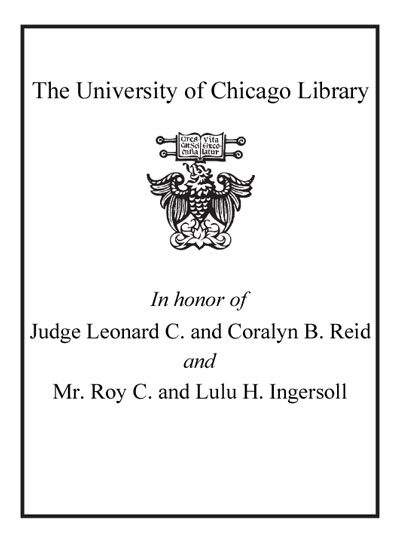| Summary: | In many ways, education mirrors society by reflecting changing and emergent goals and values as well as by contributing to both the reproduction and production of particular life forms. In the context of the formative project «Europe,» education is called upon to play an increasingly central role, one that is responsive to particular images of the European Union and to its aspirations and goals. The widespread conviction is that education and training will re-invigorate ailing economies, and that, in the context of globalization, national and regional competitiveness will only prevail if there is a qualitative continued improvement in human capital. This volume critically examines such claims, considering the ways in which learning is being constructed across Europe and the implications this has for notions of democratic citizenship and education.
|
|---|

